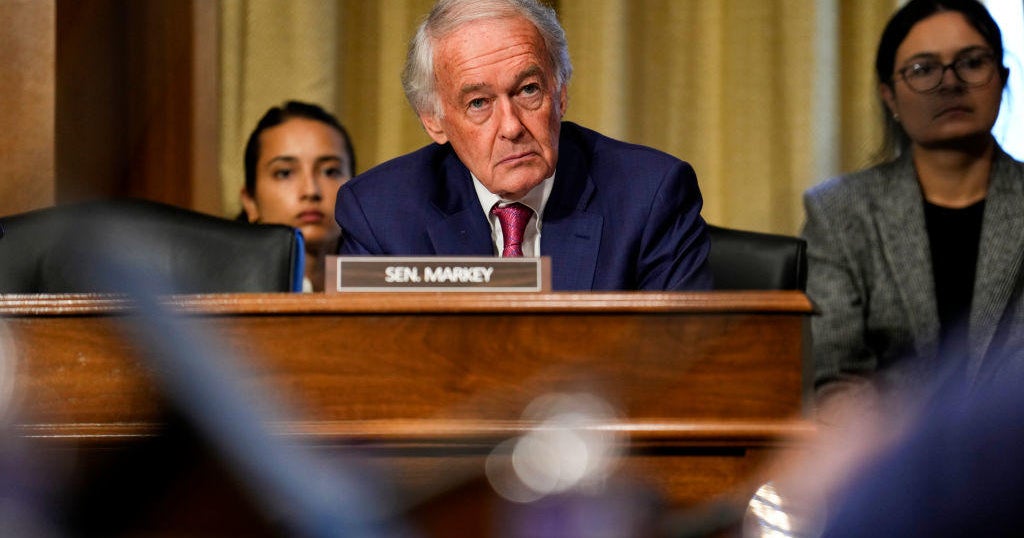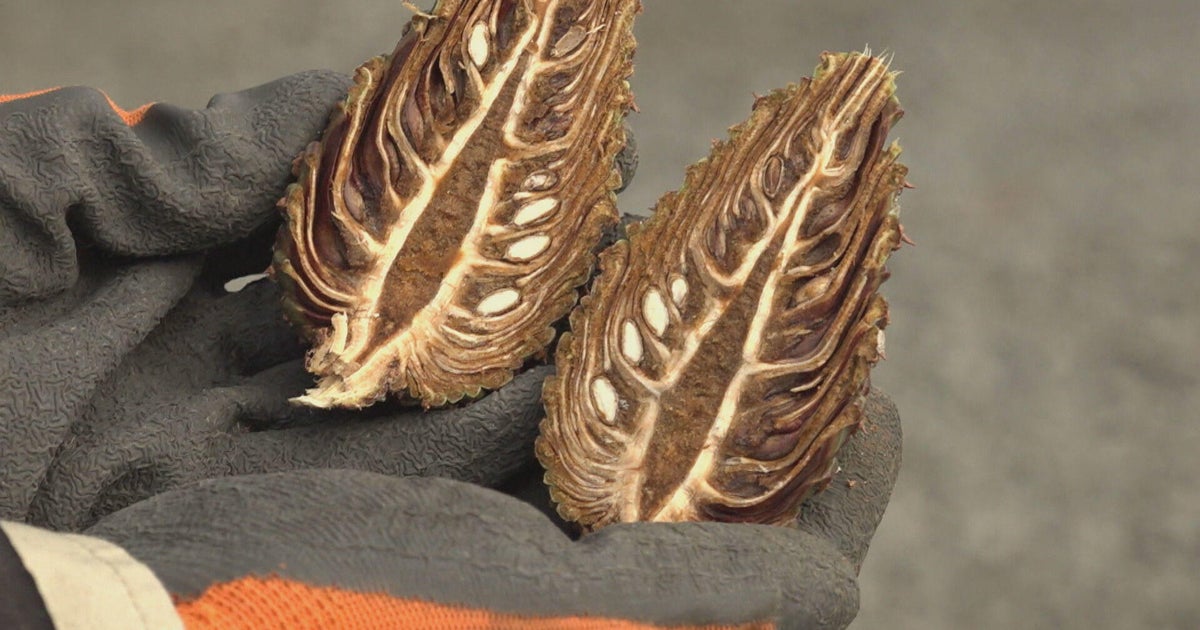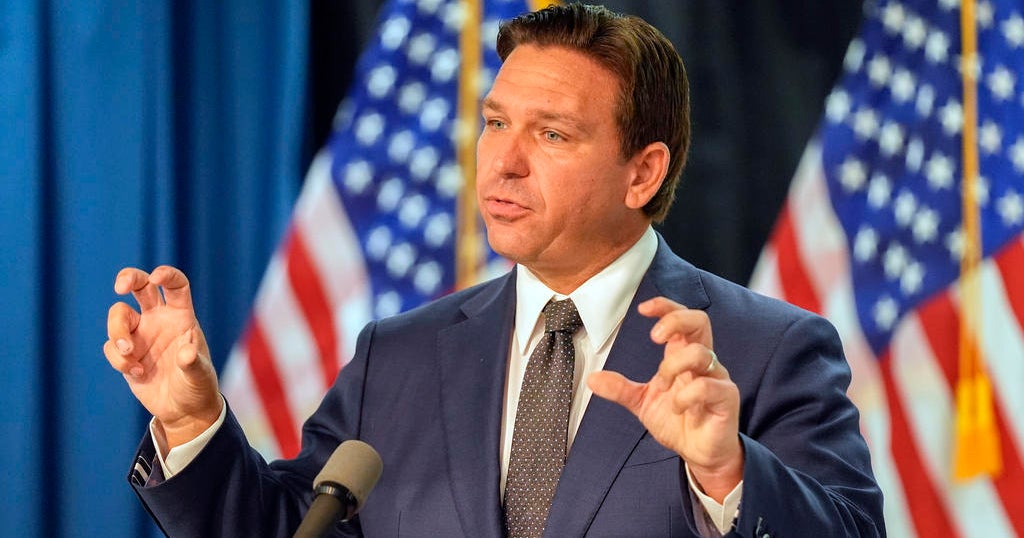Potentially dangerous chemical found in popular heartburn pill Zantac
New York — The nation's three largest pharmacy chains — Walgreens, Rite Aid and CVS — have stopped selling Zantac and its generic alternative. The heartburn drug, used by millions, was pulled after the Food and Drug Administration (FDA) warned this month it may contain a potentially dangerous impurity. But a CBS News investigation reveals that it might not be just an "impurity" — but something much more serious.
At a Connecticut lab, called Valisure, researchers test drugs from its own online pharmacy to check for purity and quality.
Last spring, they decided to analyze a few heartburn drugs to see if they contained a chemical called NDMA, a probable carcinogen. That same chemical had led to recalls of some blood pressure pills in 2018.
One medication stood out: Zantac and its generic version, Ranitidine. It had high levels of NDMA.
"Ranitidine, the active ingredient in Zantac, appears to us to be a fundamentally unstable molecule," Valisure CEO David Light told CBS News.
Light told the FDA he suspects the problem is not just an impurity but what happens to the pill inside the body.
"In a variety of conditions — conditions of the lab, conditions of the human body — it can break down and then form the carcinogen, NDMA," Light said.
The possibility that Ranitidine could be converted into NDMA inside the body was suggested three years ago in research published by Stanford University professor William Mitch and his colleague, Teng Zeng of Syracuse University.
In a small study, 10 volunteers were given a tablet of Zantac. Urine testing found NDMA levels more than 400 times greater than what the FDA considers acceptable — even after adjusting for a new FDA protocol for measuring NDMA, Mitch got similar results.
"What we were hoping was that someone else would eventually pick up the results who's in the pharmaceutical field," Mitch explained.
CBS News asked if they did. "To my knowledge, not yet, but maybe this will spur them to," Mitch answered.
In September, three months after Valisure first alerted the FDA to its findings, the agency issued a safety alert, saying its own testing found "low levels" of NDMA in Ranitidine. It is now calling those levels "unacceptable," and told CBS News it is now investigating what happens to Ranitidine inside the body after it's exposed to stomach acid.
"What we've been petitioning for is for the complete recall of all Ranitidine products — brand, generic doesn't matter — doesn't matter who made it or what lot number it is," Light said.
Zantac's maker, Sanofi, told CBS News that Mitch's study has limitations and that the company is working closely with the FDA and doing its own "robust testing." While Zantac is still being sold, some generic makers have issued voluntary recalls.
Do we know if there's a link to Zantac and cancer?
No, but Memorial Sloan Kettering — one of the world's top cancer centers — has removed Ranitidine from its pharmacy shelves as it investigates whether there's any evidence patients who take Ranitidine are more prone to certain kinds of cancer. If you are taking Zantac, you can check with your doctor because there are plenty of alternatives for treating heartburn.





